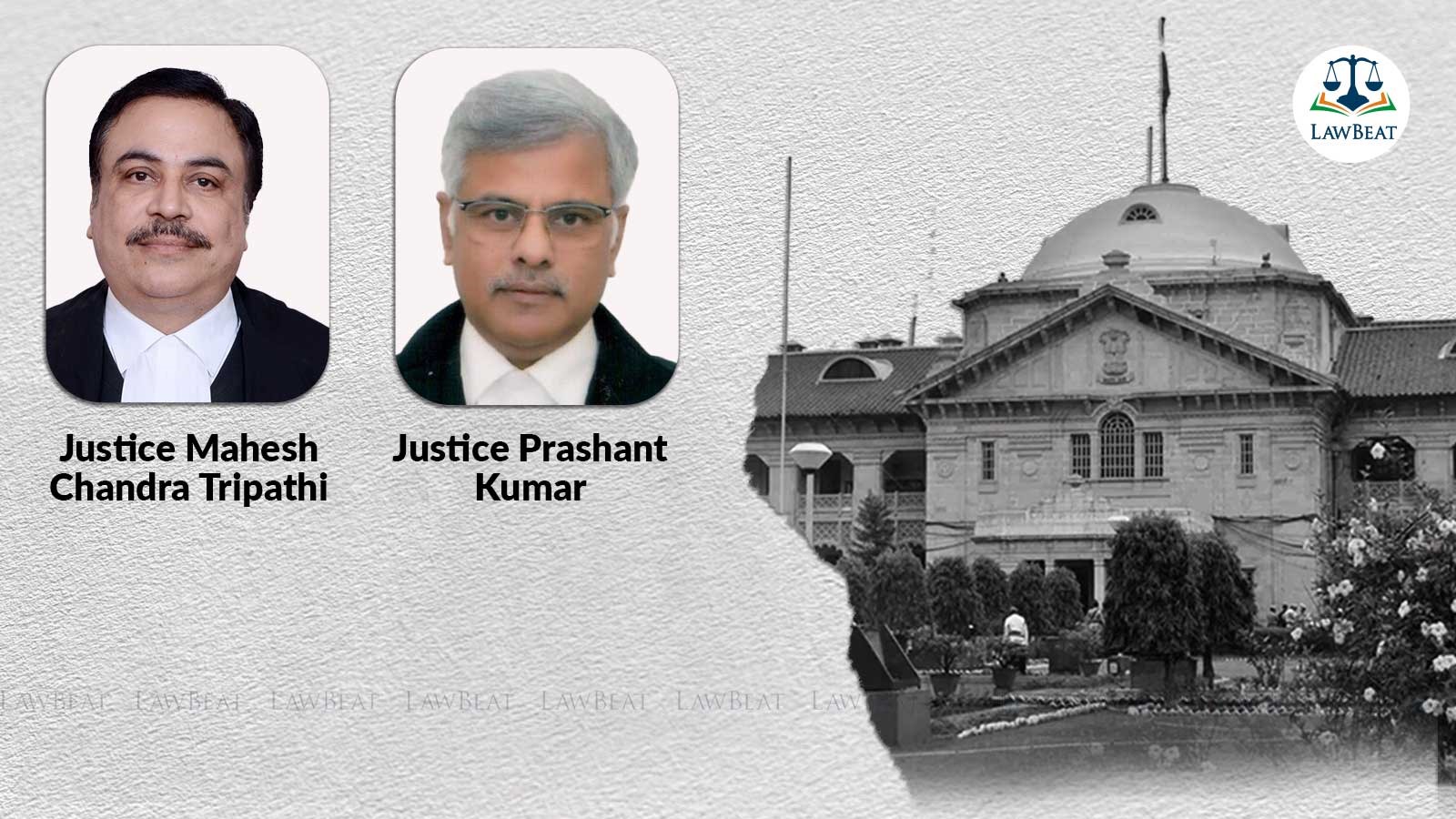Allahabad HC Allows Wife to Sell Property of Husband in Coma to Cover His Medical Expenses

The husband had met with a severe accident which led to a significant head injury and left him in a comatose state ever since
The Allahabad High Court recently appointed a wife as guardian of her husband who was in a comatose state. Court also gave her the right to take decisions on behalf of her husband for his proper medical treatment etc.
While also allowing her to operate the bank accounts of the husband, court added that she could also sell a property purchased by him.
Court added that the best possible price would be fetched and the entire sale consideration would be deposited with the Registrar General of the High Court who will invest it in a fixed deposit and the bank would remit Rs. 50,000 every month in the account of the wife to meet the medical expenses of the husband.
The order was passed in a writ petition moved by the wife praying for a direction to the government authority to permit her to sell the property of her husband for his treatment. Through the writ petition, the wife also sought government help for husband's treatment.
The court was informed that in 2011, the husband had acquired a piece of land, but subsequently, he met with a severe accident which led to a significant head injury and left him in a comatose state ever since.
The wife claimed that since she came from a very average family, she was unable to pay the medical expenses of her husband and she had already exhausted all her savings.
She contended that in India there is no legislation, which provides for the appointment of a Guardian for a person in a comatose state, unlike legislation for the appointment of a 'guardian for minors' and persons with other disabilities like mental retardation, etc. Therefore, she required court's permission.
Court sought a from report the All India Institute of Medical Sciences, New Delhi (AIIMS) on the husband's medical condition. The AIIMS Medical Board opined that the husband was in a coma and unable to take a decision or to execute any conveyance, therefore, he needed a guardian to take care of him, his property, and his affairs.
The report further stated that neither under the Mental Health Act nor under the Guardian and Wards Act, of 1890, there is any provision for the appointment of a guardian in such a situation.
Referring to a catena of judgments of the high courts and the Supreme Court, the division bench of Justice Mahesh Chandra Tripathi and Justice Prashant Kumar held that "it was clear that a constraint Court may act as Parens Patriae so as to meet the ends of justice".
Accordingly, while keeping in view the guidelines laid down by various Courts in identical matters, court passed the orders in the present matters.
"In case, any relative or friend of the person lying in comatose state points out that guardian is not acting in the best interest of the person lying in comatose state, such person will also have the locus to approach this Court for issuance of proper direction and for removal of the guardian," court clarified.
Case Title: Pooja Sharma v. State Of U.P. And 2 Others
